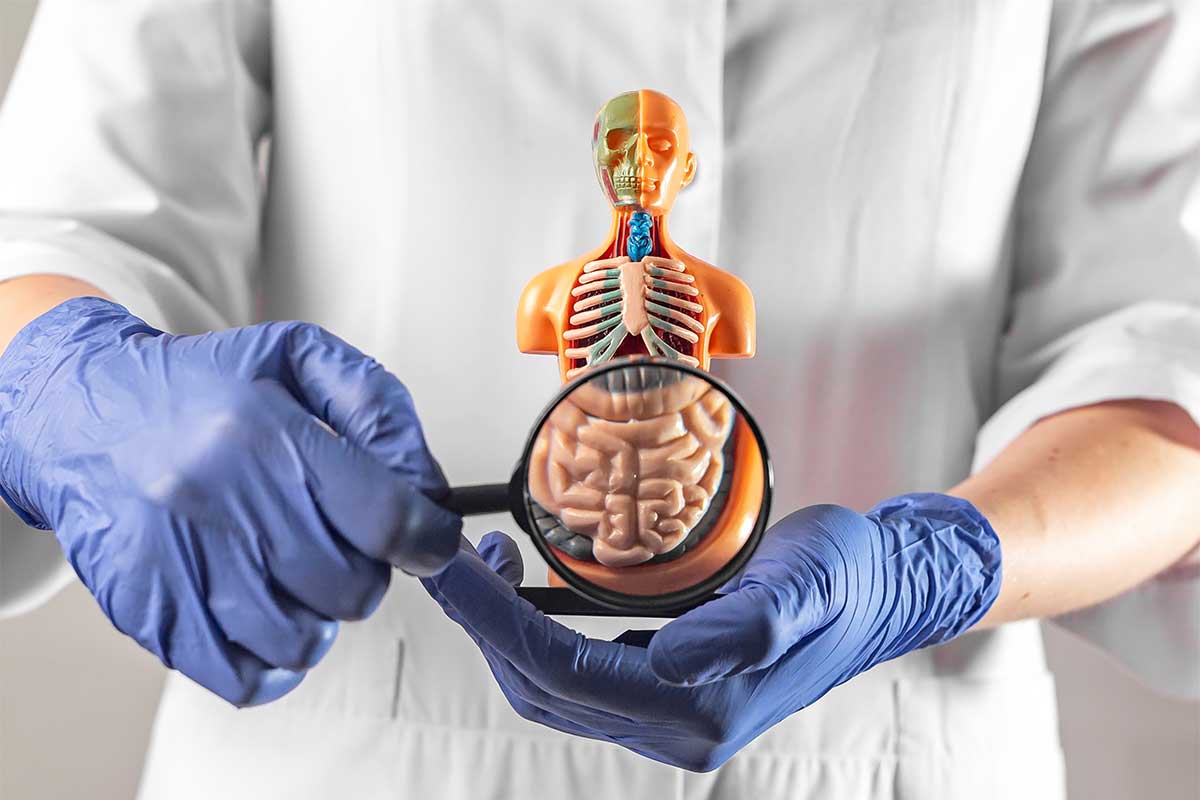
12
Apr
What Can I Eat Before a Colonoscopy? Tips and Guidelines for Patients

If you are scheduled for a colonoscopy, you may be wondering what you can and cannot eat in the days leading up to the procedure. Proper preparation is crucial for a successful colonoscopy, and following a specific diet is an important part of this process. In this article, we will provide you with tips and guidelines on what you can eat before a colonoscopy to help you prepare and ensure the best possible outcome.
What to eat before colonoscopy
Prior to a colonoscopy, it is important to follow the physician’s instructions for bowel preparation. This usually involves a clear liquid diet for 24 hours prior to the procedure, followed by a bowel cleansing regimen. The clear liquid diet allows the colon to be as clean as possible for the colonoscopy, making it easier for the physician to examine the colon.
Foods and beverages typically allowed on a clear liquid diet include:
- Water
- Clear broth or bouillon (chicken, beef or vegetable).
- Clear fruit juices without pulp (apple, white grape, or white cranberry)
- Clear soft drinks or sports drinks (avoid red or purple colored beverages)
- Plain tea or coffee (without milk or cream)
- Gelatin (avoid red or purple gelatin)
- Popsicles without fruit or cream (avoid red or purple colored popsicles)
Remember to avoid solid foods, dairy products, and anything red or purple, as they may interfere with colonoscopy results. Always follow your physician’s specific instructions regarding diet and bowel preparation for best results.
Recommended Foods in the Days Before a Colonoscopy
During the preparation days, the patient must maintain a controlled diet in which they avoid: All fruits and vegetables, whether raw or cooked, as well as anything that contains seeds. Therefore, consuming foods such as flaxseed, bread, or whole-grain cookies is not advised. On the contrary, during the previous days, it is advisable to maintain a mostly liquid diet, and the duration of said diet should be indicated by the medical staff or the medical center where the exam will be performed.
Usually, foods such as soups are recommended, which, when required to be clear, usually must be strained. Clear-colored jelly, tea, and still mineral water, among other clear and transparent liquids, can be consumed. It is very important to take into account all of the dietary recommendations of the medical staff in order to achieve the optimal and desired results during the colonoscopy.
Foods to Avoid Before a Colonoscopy
Preparing for a colonoscopy requires following a specific diet to ensure a successful exam, as discussed in previous sections of this blog. One crucial aspect of this diet is avoiding certain foods that can interfere with the procedure’s results. However, patients often wonder not only which foods to avoid, but also why they should avoid them.
Foods to avoid before a colonoscopy include raw fruits and vegetables, seeds, nuts, and whole grains. These foods can be challenging for the digestive system to break down and can leave residue in the colon, making it difficult for the physician to obtain clear results. It’s crucial to keep this in mind, as the accuracy of the colonoscopy test is also dependent on the patient’s preparation.
By following the recommended diet and avoiding certain foods, patients can improve their chances of a successful colonoscopy. The patient’s cooperation is essential in achieving optimal results, and following the guidelines provided by the healthcare provider is crucial.
Another group of foods to avoid before a colonoscopy is dairy products. Milk, cheese, and other dairy products can be hard to digest and can leave behind residue in the colon. This can make it challenging for the physician to obtain accurate results from the exam. Additionally, spicy foods, greasy foods, and foods high in fiber should also be avoided in the days leading up to the colonoscopy.
These foods can cause inflammation and irritation in the colon, which can interfere with the exam. It is also important to avoid certain medications before a colonoscopy as mentioned before too. Blood-thinning medications, such as aspirin and ibuprofen should be avoided, as they can increase the risk of bleeding during the procedure.
Iron supplements should also be avoided, as they can discolor the colon and make it challenging for the physician to see the inner lining clearly. Before the exam, patients should discuss any medications they are taking with their physician to ensure they are safe to continue taking or if they need to be temporarily stopped.
Preparing Food for a Colonoscopy
Proper food preparation is essential to maintain the diet’s guidelines and prevent any complications during the procedure. In this section, we’ll provide helpful tips on how to prepare food for a colonoscopy, including cooking techniques and how to combine foods for optimal nutrition.
It’s best to opt for cooked and processed foods to ensure that they are easy to digest and leave minimal residue in the colon. Cooking techniques such as boiling, steaming, and baking are recommended for preparing food for a colonoscopy.
Additionally, seasoning with herbs and spices can add flavor without compromising the diet’s guidelines. The medical staff might also provide easy-to-make meal recipes that adhere to the dietary restrictions and ensure that patients have a variety of options to choose from while preparing for the procedure.
Triborough GI is proud to offer our patients the highest level of care during their colonoscopy procedure. Our experienced gastroenterology staff is dedicated to providing exceptional service and ensuring a comfortable and successful experience.
We invite you to click on the link below to schedule an appointment through our website. Choose from our convenient locations to find the one that works best for you.

